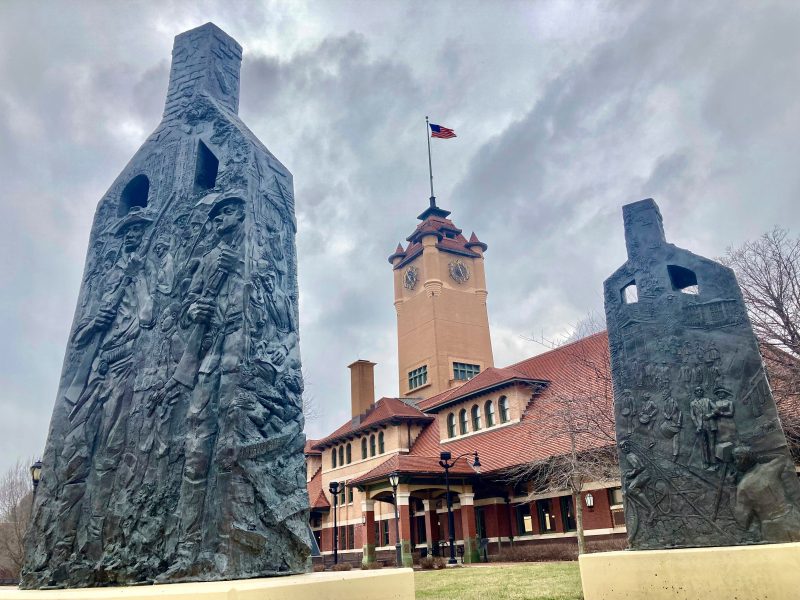On the historic day of May 31, 1921, one of the deadliest and most devastating race riots in American history tore through the streets of Greenwood, a prosperous African American district in Tulsa, Oklahoma. The racial violence and destruction that ensued left a scar on the community, resulting in the loss of hundreds of lives and the destruction of homes, businesses, and livelihoods.
The Tulsa Race Massacre, as it came to be known, was a dark chapter in American history that remained largely overlooked and unacknowledged for decades. It was not until recently that efforts to recognize and commemorate the tragedy have gained momentum, with many advocating for reparations, justice, and preservation of the historical site where the massacre took place.
Despite calls for acknowledgment and justice from the affected community and activists over the years, the United States Congress has yet to officially recognize the Tulsa Race Massacre as a race riot. This failure to acknowledge the tragedy on a federal level has been a point of contention and frustration for many who see it as a crucial step towards reconciliation and healing for the descendants of those impacted by the massacre.
However, with the recent election of President Joe Biden, there is renewed hope that the site of the Tulsa Race Massacre may finally receive the recognition and reverence it deserves. President Biden, who has expressed his support for racial justice and healing, has pledged to make the site of the massacre a national monument. This commitment is seen as a significant step towards acknowledging the racial injustices of the past and honoring the memories of those who lost their lives in the massacre.
The designation of the Tulsa Race Massacre site as a national monument would not only preserve the historical significance of the event but also serve as a symbol of remembrance and reconciliation. It would be a powerful reminder of the enduring legacy of racial violence and discrimination in America and a testament to the resilience and strength of the African American community in the face of adversity.
By recognizing and memorializing the Tulsa Race Massacre, we are not only acknowledging a painful chapter in our history but also taking a crucial step towards healing, justice, and unity. The establishment of the site as a national monument under President Biden’s administration represents a commitment to confronting the injustices of the past and working towards a more equitable and inclusive future for all Americans.

